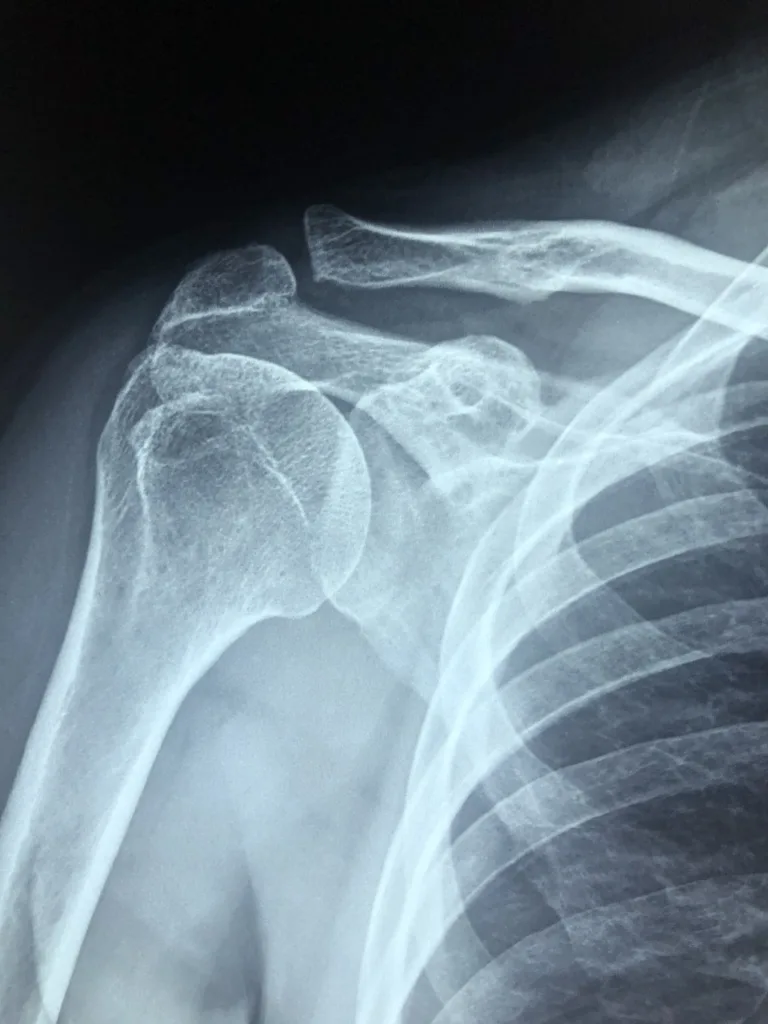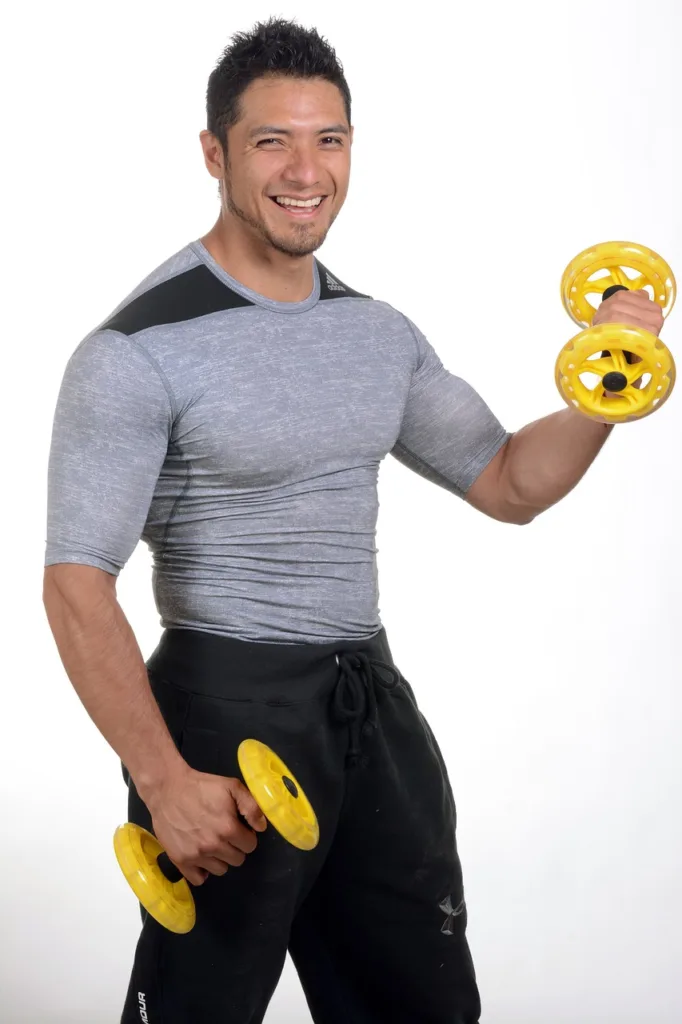Recovering from rotator cuff surgery can be a challenging and lengthy process. After undergoing this procedure, it is essential to prioritize post-surgery physiotherapy to regain strength, mobility, and function in your shoulder.
In this blog post, we will explore the benefits of post-surgery physiotherapy for rotator cuff repair, the key exercises involved, and how it can enhance your overall recovery.
Understanding Rotator Cuff Repair

The rotator cuff is a group of muscles and tendons that surround the shoulder joint, providing stability and allowing for a wide range of motion. When the rotator cuff is injured, it can lead to pain, weakness, and limited mobility.
Rotator cuff repair surgery aims to reattach or strengthen the damaged tendons, enabling proper shoulder function.
The Importance of Post-Surgery Physiotherapy
Post-surgery physiotherapy plays a crucial role in the recovery process for rotator cuff repair. It helps to:
- Reduce Pain and Swelling: Physiotherapy techniques such as manual therapy, ice or heat therapy, and ultrasound can help alleviate pain and reduce swelling in the shoulder.
- Restore Range of Motion: A skilled physiotherapist will guide you through specific exercises and stretches to gradually improve the flexibility and range of motion in your shoulder joint.
- Strengthen Muscles: Strengthening exercises are essential for rebuilding the weakened muscles around the shoulder. These exercises are tailored to your individual needs and gradually increase in intensity as your shoulder heals.
- Improve Stability and Balance: Post-surgery physiotherapy focuses on improving the stability and balance of your shoulder joint. This is vital for preventing future injuries and maintaining long-term shoulder health.
- Enhance Overall Recovery: Physiotherapy helps optimize your recovery by promoting healing, reducing scar tissue formation, and preventing stiffness in the joint. It also allows you to regain functional abilities required for daily activities and sports
Key Exercises in Post-Surgery Physiotherapy for Rotator Cuff Repair

Your physiotherapist will design a personalized exercise program based on your specific needs and the stage of your recovery.
Here are some common exercises involved in post-surgery physiotherapy for rotator cuff repair:
- Pendulum Exercises: These gentle swinging movements help to improve blood flow, reduce stiffness, and promote healing in the shoulder joint.
- Passive Range of Motion Exercises: Initially, your physiotherapist will guide your shoulder through gentle, pain-free movements to improve flexibility and prevent joint stiffness.
- Active Range of Motion Exercises: As your shoulder heals, you will progress to active exercises that involve moving your shoulder without assistance. These exercises help restore normal shoulder function.
- Strengthening Exercises: These exercises target the muscles around the shoulder joint, gradually increasing their strength and endurance. Examples include resistance band exercises, shoulder presses, and rows.
- Functional Training: Your physiotherapist will incorporate activities that mimic daily tasks or sports-specific movements to enhance your shoulder’s functional abilities.
Duration of Physiotherapy After Surgery?
The duration of post-surgery physiotherapy varies depending on the extent of your injury, the type of surgery performed, and your body’s healing response.
Typically, physiotherapy can last anywhere from several weeks to several months. Your physiotherapist will closely monitor your progress and adjust the treatment plan accordingly.
Conclusion
Post-surgery physiotherapy is a vital component of the healing process following rotator cuff repair surgery. Through a combination of pain management, range of motion exercises, strength training, and education, physiotherapy sets the stage for a successful recovery. By adhering to your physiotherapist’s guidance and putting in the effort, you can expedite your recovery, regain shoulder function, and get back to the activities you love. Remember, patience and persistence are key, and with the help of physiotherapy, you’ll be on your way to a healthier, stronger shoulder.


